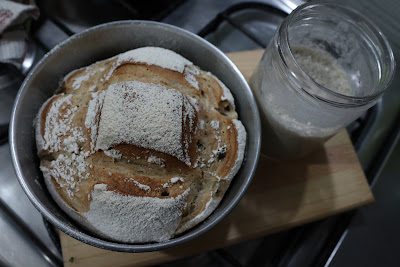Why do I have to poop after I eat?
I. Introduction
A. Explanation of the topic
B. Brief overview of what will be discussed in the article
II. What causes bowel movements?
A. Digestive process
1) Mechanical digestion
2) Chemical digestion
3) Absorption and elimination
B. Factors that affect bowel movements
1) Food intake and nutrition
2) Hydration level
3) Stress level
III. The gastrocolic reflex theory: why eating stimulates a bowel movement
A .Explanation of the gastrocolic reflex mechanism
B .How it works with food ingestion
IV .The role played by certain foods
A .Foods that promote healthy gut bacteria
i). Fibre-rich foods
ii). Fermented Foods
B.How fatty or spicy meals can impact digestive tract
V.Explaining other possible causes
A.Inflammatory Bowel Syndrome(IBS)
i).Symptoms
ii).Treatment options
B.Lactose intolerance
i ). Symptoms
ii ). Treatment options
VI.Conclusion
A.Summary of main points covered in the article.
B.What readers should take away from this information.
VII.Frequently Asked Questions(FAQs)
A.What is considered normal when it comes to having a bowel movement?
B.Is it bad if my stool changes colour after eating?
C.Can stress really cause me to need to go more often?
D.Does drinking coffee make you poop more frequently?
E.Should I seek medical attention if this happens regularly?
Have you ever questioned why nature calls right after feasting? The answer lies in the intricate workings of our digestive system. This article will delve into what causes bowel movements, factors that influence them, and other possible reasons behind needing to go immediately after indulging.
The digestive process is comprised of various phases involving mechanical digestion breaking down food into smaller particles for further chemical treatment by enzymes secreted through salivary glands, stomach lining cells as well as liver & pancreas cells before absorption occurs followed by elimination via excretory pathways such as urinary or fecal routes depending on ultimate destination within body systems like blood circulation or lymphatic channels respectively . Factors affecting bowel movement frequency include food intake quality/quantity (e.g., fiber content), hydration level (water balance), stress levels which may disrupt normal peristaltic activity leading to constipation symptoms among others.
The gastrocolic reflex theory postulates that eating stimulates contractions throughout your colon due mainly from neural signals between nervous tissue complex located within gastrointestinal tract called enteric nervous system(ENS) communicating directly w/brainstem centers responsible for coordinating involuntary responses required during digestion processes including regulation defecation cycles according biological rhythms .
Certain foods play a vital role in promoting healthy gut flora essential optimal nutrient absorption& waste elimination functions supported latest scientific research findings; these include fibre-rich options like whole grains vegetables fruits nuts seeds legumes beans lentils chickpeas etcetera alongside fermented products kefir kimchi yoghurt sauerkraut kombucha sourdough breads pickles also contain beneficial bacterial cultures thriving healthy intestines likely benefitting overall systemic health beyond GI tract alone! On contrary fatty spicy meals may stimulate excessive acid production leading discomfort/pain nausea bloating gas diarrhea requiring medical attention if persistent over time thereby causing potential complications serious enough warrant intervention measures taken promptly!
Other possible culprits contributing frequent BMs could fall under inflammatory bowel syndrome(IBS) caused inflammation tissues lining intestinal walls resulting chronic diarrhoea cramping abdominal pain while lactose intolerance another possibility where deficiency enzyme lactase unable breakdown milk sugar present many dairy products produces similar symptoms sometimes mistakenly assumed be sign allergy instead classic example malabsorption syndromes occurring more commonly adults than children usually diagnosed easily managed appropriately avoiding trigger sources following dietary guidelines provided healthcare providers tailored specifically individual needs preferences lifestyle habits all influencing likelihood developing severity manifestations associated condition
In conclusion , understanding intricacies behind need poop post-meals requires appreciation multifactorial etiology underlying physiological mental states interacting one another continuously dynamic feedback loops regulating rhythmic patterns across multiple organ systems throughout human organism. It's important know how diet choices affect gut microbiota composition health implications arising make informed decisions regarding consumption practices guiding us towards sustainable futures both personal planetary scales alike ultimately enabling positive changes necessary achieve long-term goals preserving ecosystems natural resources supporting viability future generations come !

